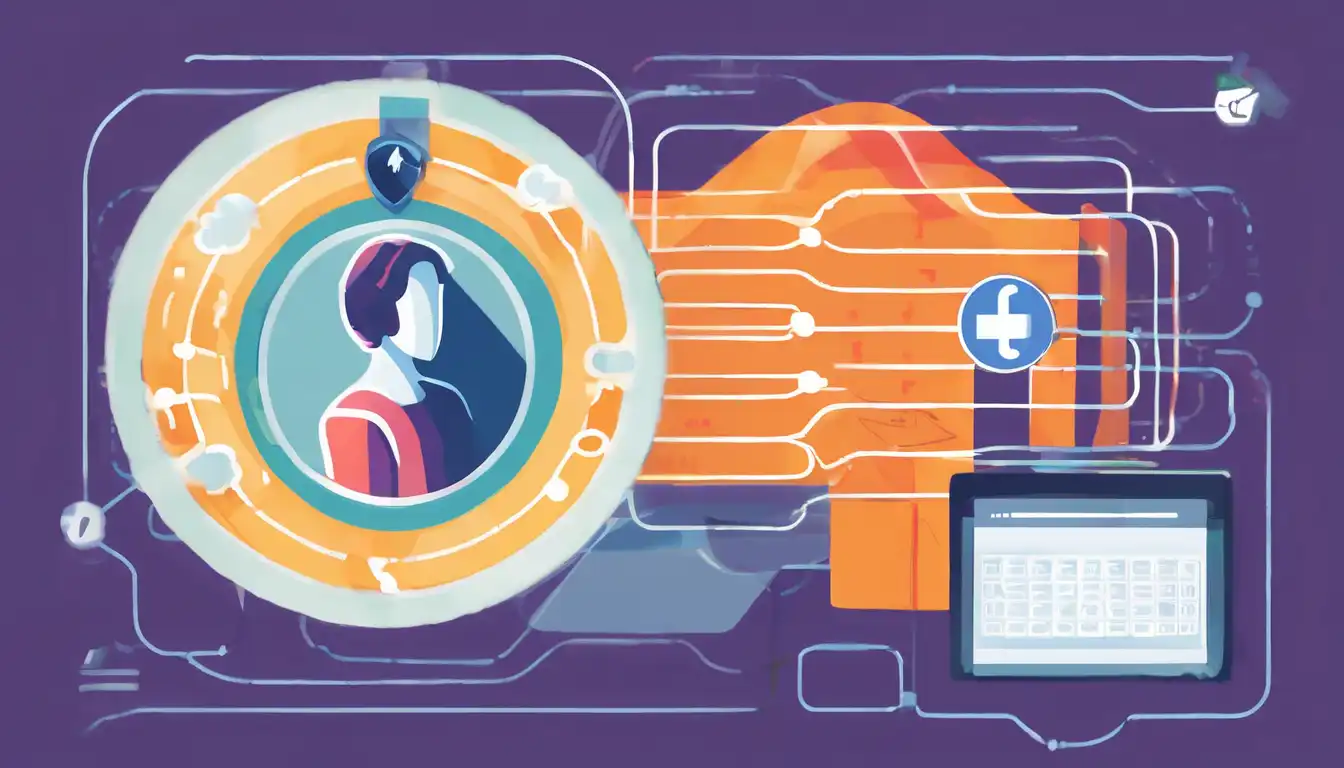Why VPNs Are Crucial for Online Privacy
In today's digital age, protecting your online privacy has never been more important. With cyber threats on the rise, a Virtual Private Network (VPN) serves as a critical tool in safeguarding your internet connection. This guide will explore the ins and outs of VPNs and how they contribute to your online privacy.
What Is a VPN?
A VPN is a service that encrypts your internet connection and hides your IP address, making your online actions virtually untraceable. This not only secures your data from hackers but also protects your privacy from prying eyes.
How Does a VPN Protect Your Privacy?
By routing your connection through a secure server, a VPN masks your IP address, making it appear as though you're accessing the internet from a different location. This is particularly useful for avoiding surveillance, bypassing geo-restrictions, and securing your data on public Wi-Fi networks.
Choosing the Right VPN for Your Needs
Not all VPNs are created equal. When selecting a VPN, consider factors such as encryption standards, server locations, and privacy policies. Here are some key features to look for:
- Strong Encryption: Ensure the VPN uses AES-256 bit encryption, the gold standard in data protection.
- No-Logs Policy: Choose a provider that doesn't keep logs of your online activities.
- Server Locations: More server locations mean more options to bypass geo-restrictions.
- Speed: A good VPN should offer fast connection speeds without significant slowdowns.
The Role of VPNs in Bypassing Censorship
In countries with strict internet censorship, VPNs are a lifeline, allowing users to access blocked websites and services. By connecting to a server in a different country, you can enjoy unrestricted access to the global internet.
Common Misconceptions About VPNs
Despite their benefits, there are several misconceptions about VPNs. Some believe they're only for tech-savvy individuals or that they slow down your internet connection significantly. However, modern VPNs are user-friendly and designed to minimize speed loss.
VPNs and Online Security: Beyond Privacy
Beyond privacy, VPNs enhance your online security by protecting against malware and phishing attacks. When combined with other security measures, such as antivirus software, they provide a robust defense against cyber threats.
Final Thoughts on VPNs and Online Privacy
In conclusion, a VPN is an essential tool for anyone looking to protect their online privacy and security. Whether you're concerned about data breaches, surveillance, or censorship, a VPN offers a simple and effective solution. Remember to choose a reputable provider and stay informed about the latest in internet security.
For more information on protecting your digital life, check out our guides on internet security and data protection.
